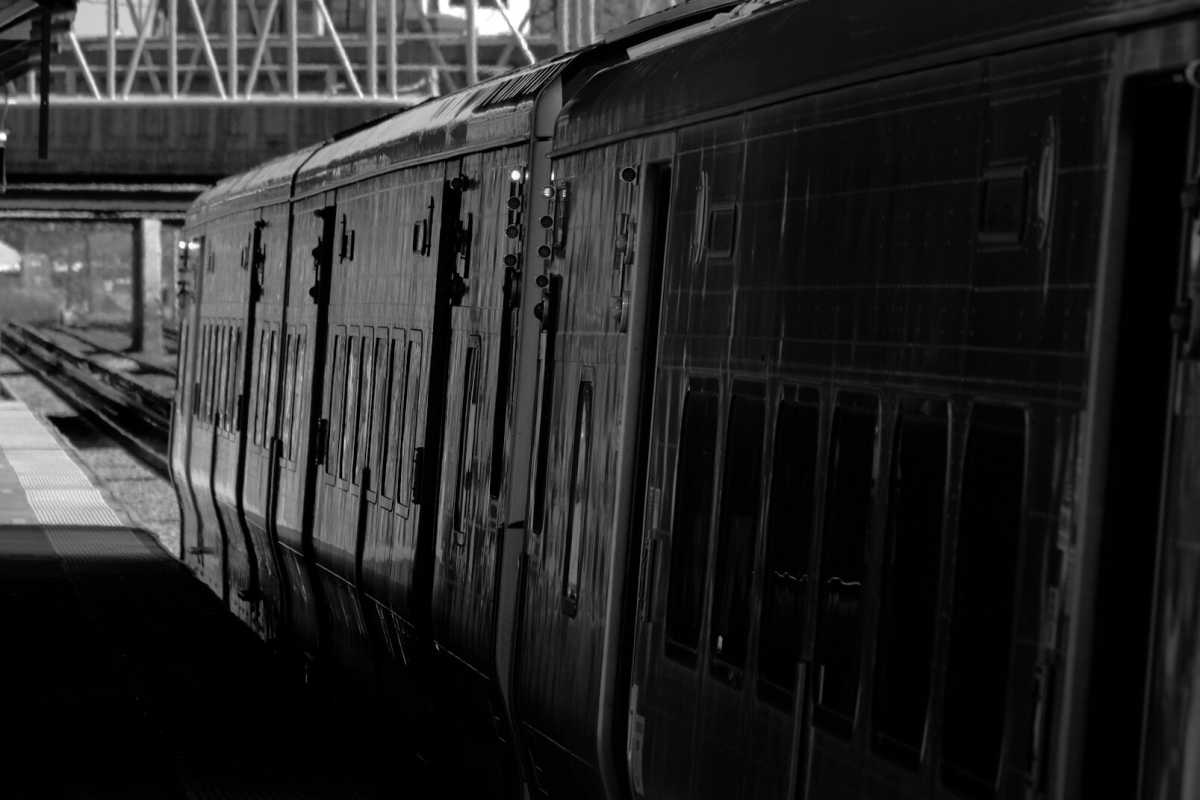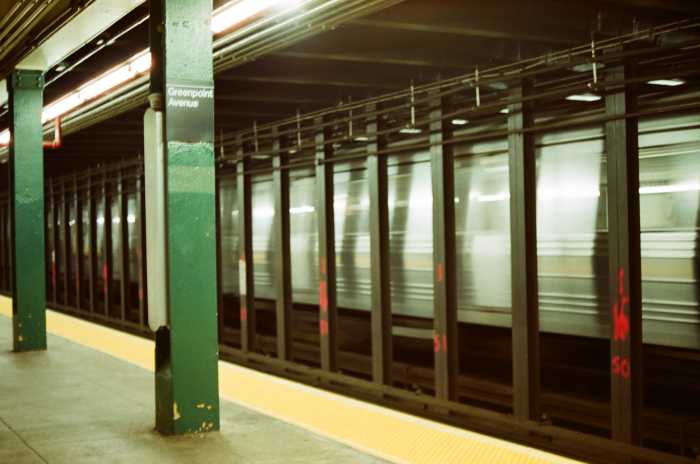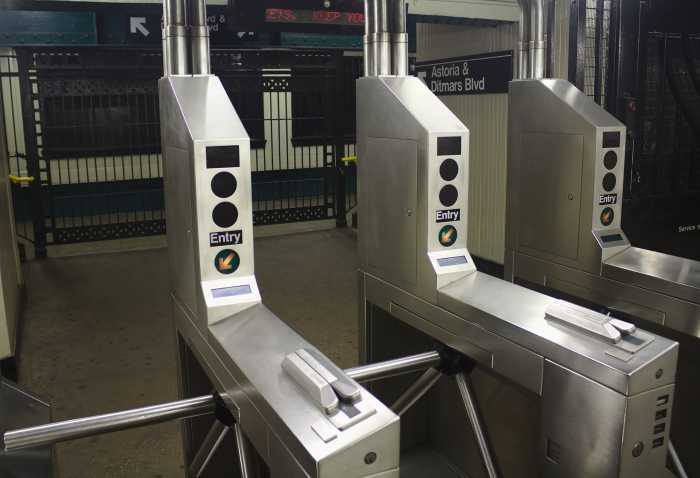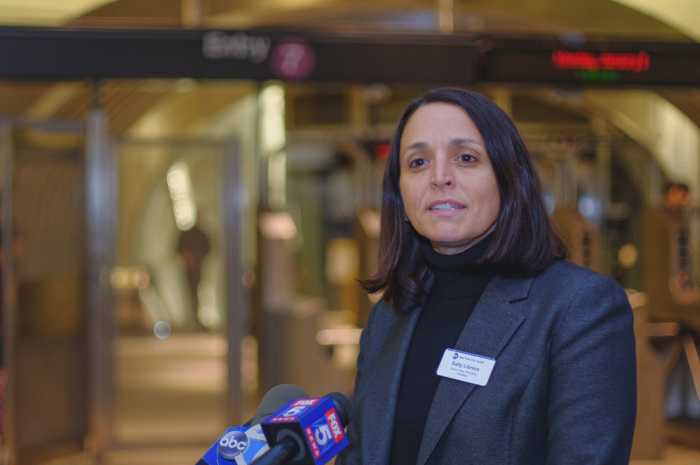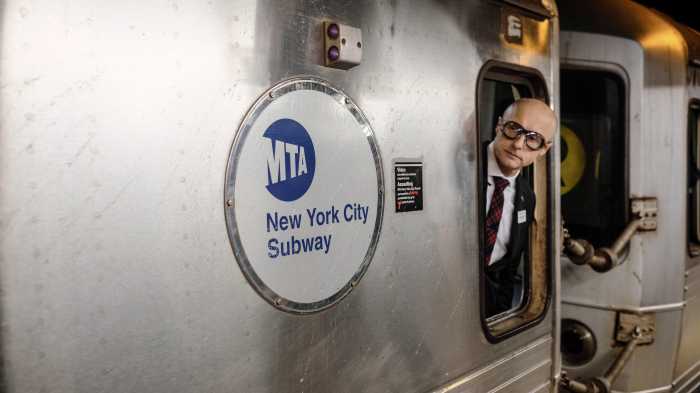A new $908 billion bipartisan Senate COVID-19 relief proposal sets aside about $15 billion for transit agencies nationwide, but advocates and the MTA say this falls far short of their needs.
The MTA has been requesting $12 billion to support operations through the end of 2021 and while the rejection from Washington Republicans stacks up, the agency may be facing the decision to raise fares by 4% and draconian cuts to service by 40% across subways and buses to shore up finances devastated by COVID-19.
Of the $45 billion in the package, $17 billion would go to airlines, $4 billion for airports, $8 billion for private bus companies, and $1 billion for Amtrak, according to Reuters.
“The $15 billion for public transit proposed by several senators today falls short of what this moment demands. For six months, the Senate has left the nation’s riders hanging while transit agencies’ needs have only grown,” Riders Alliance Executive Director Betsy Plum said. “Congress must face the reality that public transit undergirds the nation’s most productive economic regions and is a lifeline for millions of essential workers. A skinny relief bill is an anemic response to the worst crisis public transit has ever faced… We need $32 billion, and we need Congress to fully do their job.”
According to West Virginia Democratic Senator Joe Manchin, this would only be designed to provide for four months of support to the transit agencies that qualify and members of congress are not yet on board.
While it is not clear at this point how much the MTA would receive from this proposal, the agency did not immediately offer comment. MTA Chairman Pat, as laid out in the November board meeting, said they will be preparing for the worst while hoping for the best.
“Look, I think the likelihood is that there will be no COVID-19 relief bill this year for mass transit, or states and cities that’s certainly the way it appears. Obviously, the election of President-Elect Biden and his administration gives us great hope,” Foye said in a Nov. 25 interview. “However, the Senate Republican leadership in Washington has been holding up funding for states and cities, public transit agencies including the MTA, and the effects on the New York economy from a transportation point of view and environmental point of view, a job point of view, on a social equity point of view, would be devastating if we don’t get the $12 billion of federal funding.”
Small business support and funding for governments would be the primary beneficiaries of the stimulus with $244 billion and $160 billion respectively.
Senator Charles Schumer said during a press conference Tuesday that he was not aware of the details in the bill, but his office had sent a letter to the Trump administration and Senate Majority Leader Mitch McConnell in the hope of getting negotiations moving. He did not disclose what was in his letter, deeming it to be “private.”
“As for the proposal that the bipartisan group of senators announced, as I said, I’ve always encourage our Democratic senators to sit down with Republican senators and negotiate. This is a good effort,” Schumer said. “I haven’t seen all the details, they haven’t come out with the details yet. But when Democrats and Republicans can get together, that’s a good thing and I hope Leader McConnell will heed that call.”
Manchin said he hopes this stimulus package will get somewhere in the Republican-led senate which has rejected other proposals such as the $2 trillion Heroes Act and end the stalemate between the House of Representatives and the senate which have been in debate since the CARES Act came through in March.
McConnell, however, has rejected “piece-meal” stimulus bills over the course of the pandemic that would bailout facets of the economy one at a time.
The MTA received $4 billion from this deal which only saw them through the summer for the funds ran out, leaving the agency bleeding funds while providing pre-pandemic level service and leading extensive cleaning efforts on trains, buses, and stations.



